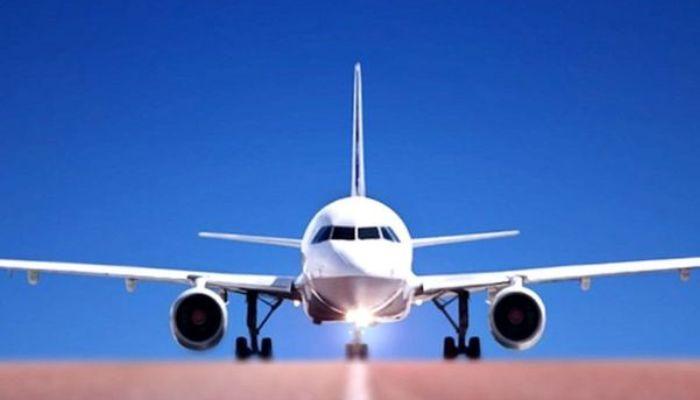Key players want Hadi Sirika, minister of aviation, to address issues around infrastructure upgrade across Nigerian airports, concession and completion of the new terminals.
“There is a need to modernise and upgrade infrastructure and equipment such as terminal buildings, control towers, conveyor belts, instrument landing systems, communication equipment, runway lighting, fire tenders, amongst others,” Tayo Ojuri, industry expert and CEO of Aglo Limited, an aviation support service company, told BusinessDay.
Airlines have continued to record incessant flight delays and cancellations as they are not able to meet demand. The situation is worsened by infrastructure gaps.
In Nigeria, passengers spend unduly long time at security screening points because of insufficient number of X-ray machines. They are forced to queue at security screening points, especially at peak hours.
In other climes, it takes between 30 seconds to two minutes to get screened, but in Nigerian airports, it takes over five to 15 minutes to get screened depending on the number of passengers waiting to be checked. For example, Air Peace and Arik Air face a lot of delay processing passengers at the General Aviation Terminal (GAT) of the Murtala Muhammed International Airport, Lagos, because there is only one functional X-ray machine at any point in time and hundreds of passengers destined to different destinations during the morning rush hours must pass through one functional X-ray machine at each of the terminals at the GAT.
John Ojikutu, member of aviation industry think tank group, Aviation Round Table (ART) and chief executive of Centurion Securities, listed some of the infrastructural gaps that cause flight delays at Nigerian airports to include inadequate checking-in-counters; inadequate passengers screening checkpoints and screening machines or unserviceable screening machines resulting to manual screening; inadequate aircraft boarding gates; inadequate aircraft parking areas; inadequate ground handling equipment or facilities; and absence of taxiways or sufficient links from aprons to runways.
Ojikutu stressed that inadequate skilled manpower and insufficient numbers to man most of these facilities or system can cause delays, especially the passengers screening checkpoints, where the International Civil Aviation Organisation (ICAO) recommended standard is at least five but Nigerian airports have two or three persons.
In a bid to close these infrastructure gaps across our airports, experts have suggested concession of the country’s airport. However, stakeholders have insisted that for airport concession to achieve the set-out goal, there is a need for it to be carried out in a fair and transparent manner.
Alexandre de Juniac, CEO International Air Transport Association (IATA) said, “Having the infrastructure to grow is vital to our industry’s future. But in many key places, it is not being built fast enough to meet growing demand and there are worrying trends which are increasing costs. One of these is airport privatisations.
“We have not found the correct regulatory framework to balance the interests of the investors to turn a profit, with the public interest for the airport to be a catalyst for economic growth. All the optimism supporting strong aircraft orders will mean nothing if we don’t have the capability to manage traffic in the air and at airports,” de Junaic added.
Last year, the Federal Executive Council (FEC) granted approval for the concession of the four international airports in Lagos, Abuja, Port Harcourt and Kano.
There were indications that some Middle East countries were expressing interest in the planned concession of Nigerian airports.
BusinessDay learnt that the interests thus far received from Turkey, Saudi Arabia and Qatar bothered aviation stakeholders because of the security implication for Nigeria and alleged ‘northern agenda’.
Aviation, which contributed $0.7 billion to the country’s GDP in 2014, has continued to dip, currently contributing $0.3billion to the economy. Its GDP contribution stands at 0.4 percent as a result of some of these challenges.
A member of a civil society organisation, who was at the hearing, said some lawmakers were of the view that if the biddings were restricted to the Middle East, then it will not get the buy-in of Nigerians who “will see it as coloured by a northern and religious agenda.”
Experts have also said infrastructure gaps can also be addressed with the completion of the new terminals, especially at the MMIA Lagos, the airport that processes majority of the passenger traffic in Nigeria.
IFEOMA OKEKE





